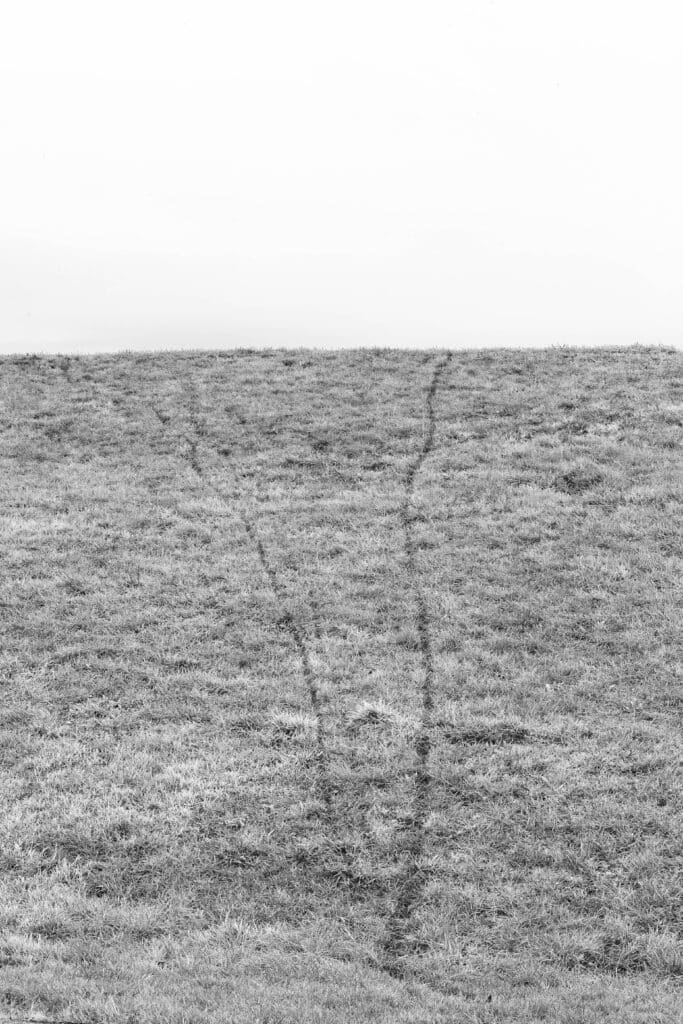
Tao-te ching, Daodejing,道德经 (2018)
This classical text written by Laozi, in c. 6th century BC, has been fundamental for the chinese philosophy of Daoism, but has also had a great influence on other schools of thought like Buddism and Confucianism.
It were the elusive poems in the Tao-te ching that intrigued me to make a photographic work about this beautiful philosophy.
In essence, the Tao-te ching consists of “nonaction” (wuwei), understood as no unnatural action rather than complete passivity. It implies spontaneity, noninterference, letting things take their natural course: “Do nothing and everything is done.” Chaos ceases, quarrels end, and self-righteous feuding disappears because the Dao is allowed to flow unchallenged and unchallenging.
Part 1 – 无为而无不, effortless action
Part 2
Men are born soft and supple;
dead, they are stiff and hard.
Plants are born tender and pliant;
dead, they are brittle and dry.
Thus whoever is stiff and inflexible
is a disciple of death.
Whoever is soft and yielding
is a disciple of life.
The hard and stiff will be broken.
The soft and supple will prevail.
